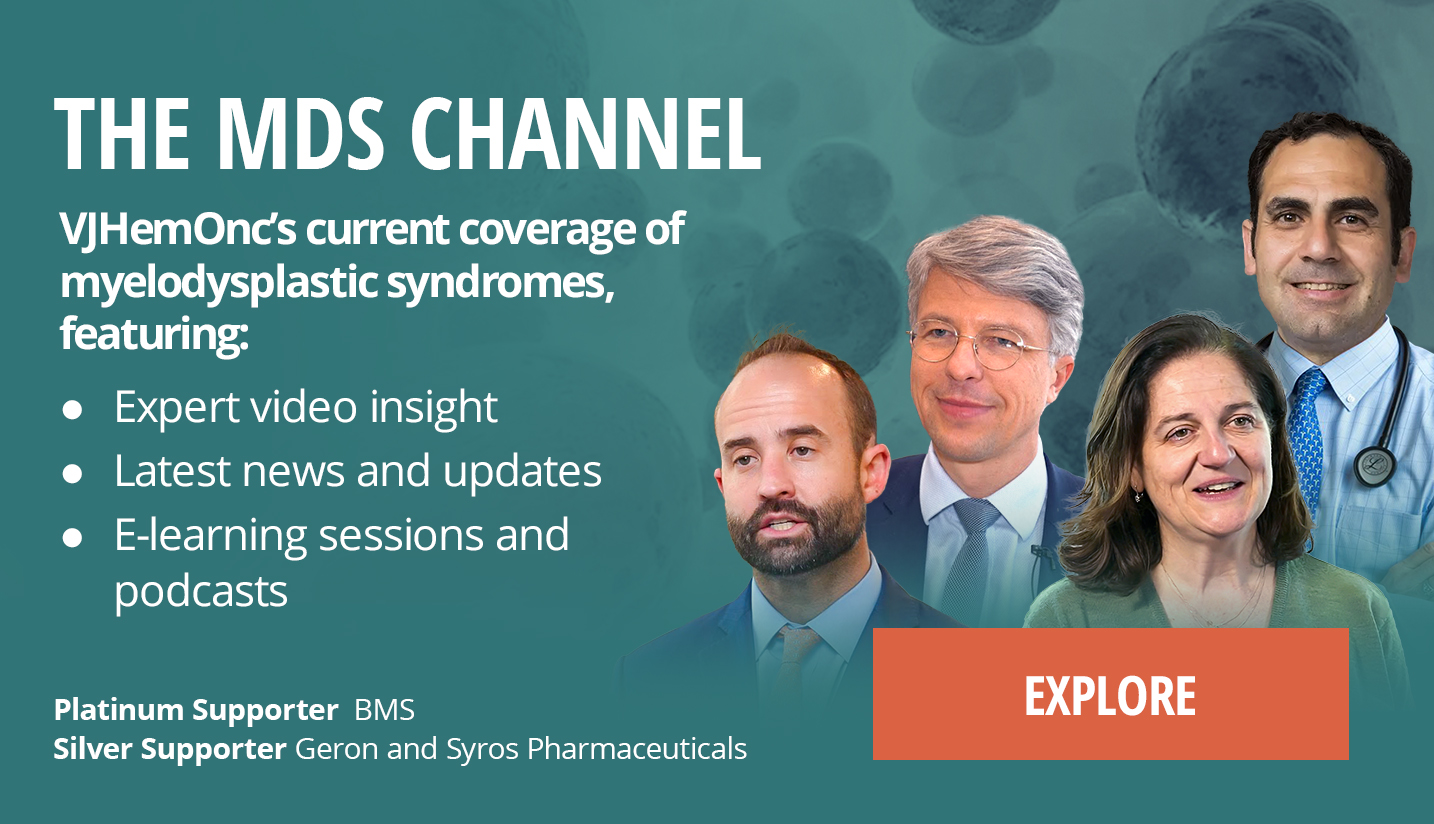In MDS, we’ve had the hypomethylating agents, azacitidine and dacogen since the early 2000s. Despite the fact that they have shown that patients that take these agents do have an improvement in overall survival, a good number of patients don’t respond to the treatments right from the beginning. Once they fail these therapies, they really don’t have any FDA approved therapeutic options beyond the HMAs that is specifically for high-risk MDS patients...
In MDS, we’ve had the hypomethylating agents, azacitidine and dacogen since the early 2000s. Despite the fact that they have shown that patients that take these agents do have an improvement in overall survival, a good number of patients don’t respond to the treatments right from the beginning. Once they fail these therapies, they really don’t have any FDA approved therapeutic options beyond the HMAs that is specifically for high-risk MDS patients. So, I would say there’s a pretty acute unmet need for developing better therapeutics for treating patients with MDS and high-risk MDS. I would also say that as a community we should probably not give up if a drug doesn’t show single agent efficacy, we should look at trying different combinations and various combinatorial strategies. Of the drugs that are currently in trials, I would say many approaches target specific targets or mutations, such as IDH1, IDH2 or TIM3, CD47 but I think mutation agnostic approach is targeting specific pathways like BCL2 inhibitors for example, have been also very successful. So, I think combinations with these drugs and HMAs or novel combinations of novel drugs would be very good to further pursue to give our patients therapeutic options where there are none currently.













